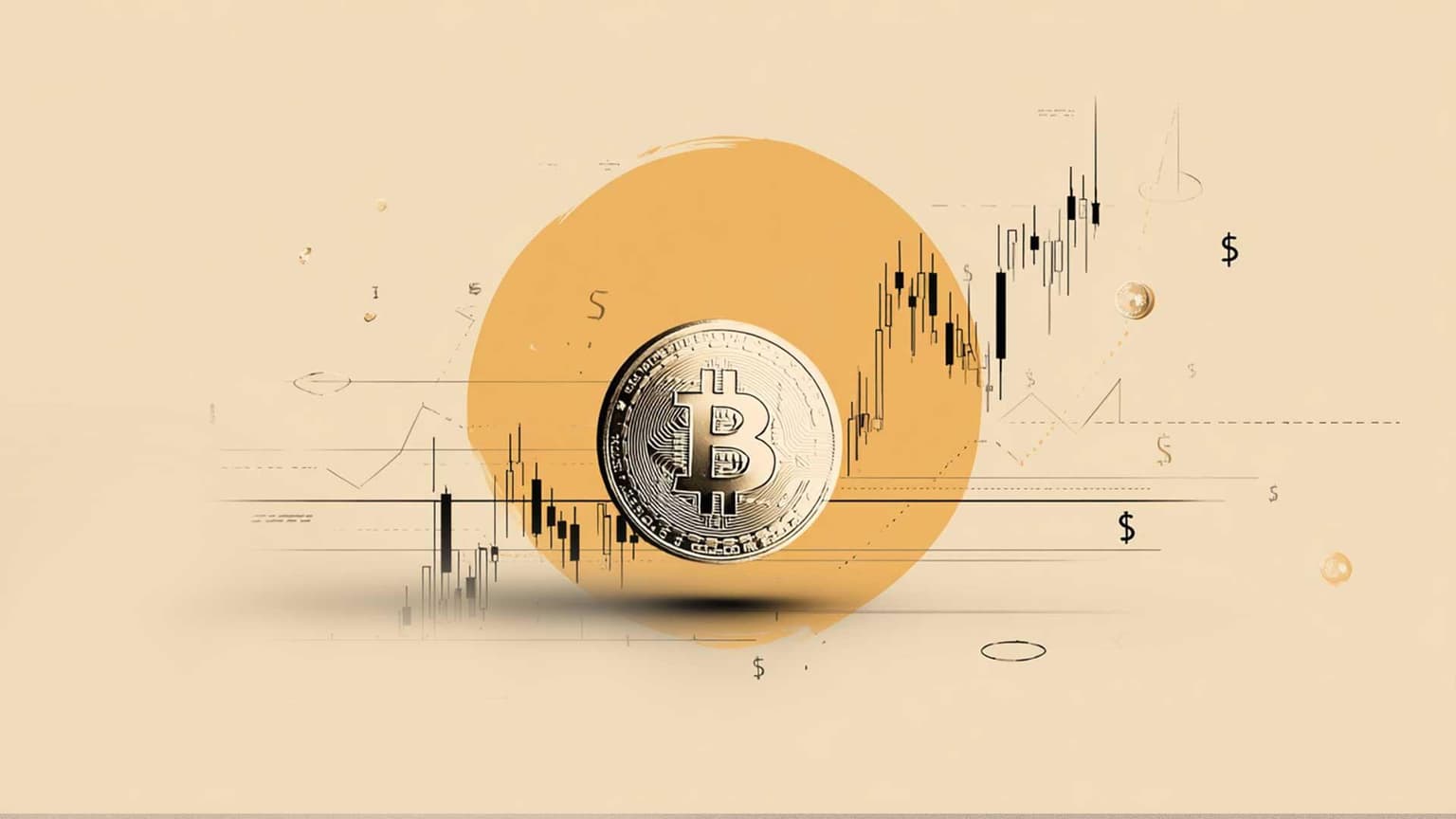BoJ’s Ueda: Bank will cut back on buying JGBs irrespective of data

Bank of Japan (BoJ) Governor Kazuo Ueda spoke at a seminar hosted by the Peterson Institute for International Economics on Friday. Ueda said that the Japanese central bank "very likely" will raise interest rates if underlying inflation continues to go up and begin reducing its bond-buying in the future, though the timing undecided.
Key quotes
“BoJ must maintain loose monetary policy for the time being as underlying inflation remains "somewhat below" its 2% target, and long-term inflation expectations are still near 1.5%.”
“BoJ will also begin to cut its purchases of Japanese government bonds (JGBs) (timing and extent of the reduction are yet to be determined).”
"Irrespective of what the data will say in the near future, we will like to find a way and timing to reduce the amount of JGB purchases.”
"If underlying inflation continues to go up, we will very likely be raising interest rates.”
Market reaction
The USD/JPY pair is trading at 154.62, losing 0.01% on the day at the time of writing.
Japanese Yen FAQs
The Japanese Yen (JPY) is one of the world’s most traded currencies. Its value is broadly determined by the performance of the Japanese economy, but more specifically by the Bank of Japan’s policy, the differential between Japanese and US bond yields, or risk sentiment among traders, among other factors.
One of the Bank of Japan’s mandates is currency control, so its moves are key for the Yen. The BoJ has directly intervened in currency markets sometimes, generally to lower the value of the Yen, although it refrains from doing it often due to political concerns of its main trading partners. The current BoJ ultra-loose monetary policy, based on massive stimulus to the economy, has caused the Yen to depreciate against its main currency peers. This process has exacerbated more recently due to an increasing policy divergence between the Bank of Japan and other main central banks, which have opted to increase interest rates sharply to fight decades-high levels of inflation.
The BoJ’s stance of sticking to ultra-loose monetary policy has led to a widening policy divergence with other central banks, particularly with the US Federal Reserve. This supports a widening of the differential between the 10-year US and Japanese bonds, which favors the US Dollar against the Japanese Yen.
The Japanese Yen is often seen as a safe-haven investment. This means that in times of market stress, investors are more likely to put their money in the Japanese currency due to its supposed reliability and stability. Turbulent times are likely to strengthen the Yen’s value against other currencies seen as more risky to invest in.
Author

Lallalit Srijandorn
FXStreet
Lallalit Srijandorn is a Parisian at heart. She has lived in France since 2019 and now becomes a digital entrepreneur based in Paris and Bangkok.

















